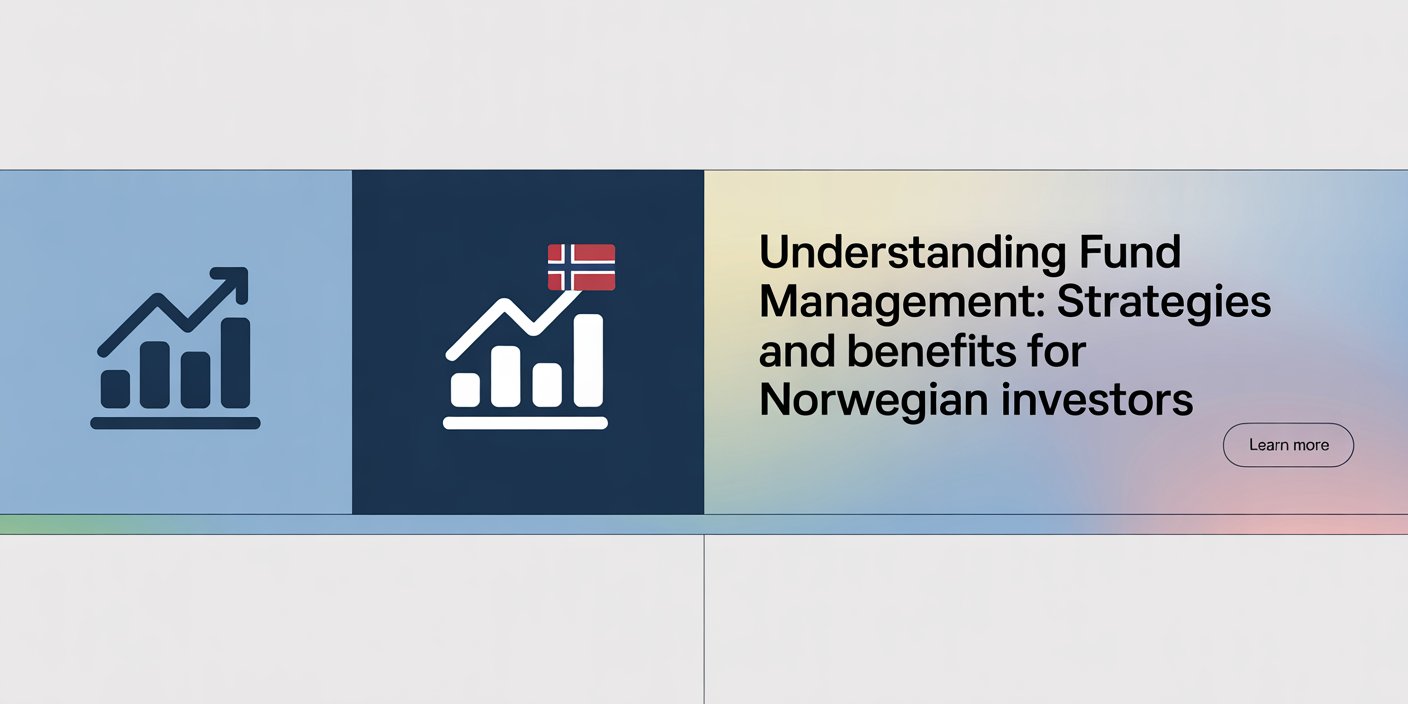Understanding Fund Management: Strategies and Benefits for Norwegian Investors

Fund management is an important financial practice of professional management of investment portfolios in the interest of maximum returns to the investors. The following is a detailed definition of what fund management is, types of managed funds, fund management techniques, benefits, and the drawbacks of the financial practice. Effective bankroll management is essential for maintaining long-term success in both fund management and online gambling.
Definition of Fund Management
Fund management is also called investment management and pertains to making decisions and implementing strategies in the management of financial assets of institutional or individual investors. These can be equities, bonds, cash, and other money products.
Depending on the specific investment goals of the fund, they are of different types, and their respective characteristics and roles:
Equity Funds
Equity funds primarily invest in the equity share of listed companies. These funds, depending on the investment approach adopted, have various themes such as global, sector, or emerging markets.
Fixed-Income Funds
Fixed-income funds invest in debt securities and bonds. These funds primarily target regular income as interest income and capital preservation in a fixed ratio.
Balanced or Mixed Funds
Balanced funds invest in stocks and bonds to balance return and risk. They suit investors who want growth along with stability.
Money Market Funds
Money market funds invest in certificates of deposit and government securities that are short-term. They seek to preserve capital and provide liquidity.
Fund Management Strategies
Norwegian fund managers, as elsewhere, employ a few strategies in fulfilling the investment objective of the fund:
Fundamental Analysis
The process means examining a firm offering shares or bonds on stocks based on the firm's financial health and future working performance. Managers examine figures such as revenues, profits, debts, and future growth while making sound investments.
Technical Analysis
Technical analysis examines history and price trends in an effort to forecast future direction of the financial markets. Managers learn from charts and history so that they can make decisions on where to get in and where to get out.
Active vs. Passive Management
Active management involves taking frequent buying and selling decisions with the hope of outperforming the market. Passive management involves trying to match the performance of a particular index by investing in index funds or ETFs.
Advantages and Disadvantages of Fund Management
Advantages:
- Diversification: Invested money allows the investor to invest in a diversified portfolio of financial securities.
- Professional Management: Investment is done by skilled and professional fund managers who exercise their judgment and expertise.
- Economies of Scale: Large funds can secure favorable trading terms and lower fees due to their size.
Drawbacks:
- Fees and Charges: Some funds charge high management fees and other charges that eat into net returns.
- Management Risk: The decisions of fund managers will not always meet investors' expectations.
- Market Volatility: Financial funds are exposed to the underlying risks and volatility of financial markets.
The Role of Bankroll Management
Bankroll management is applied when investing in currencies or gambling at Norwegian online casinos. The technique assists investors and gamblers in controlling risk, making better choices, and retaining money in the long term.
In essence, fund management is at the center of maximizing investments for long-term financial goals. Norwegian investors need to be aware of the strategy, risk, and cost of different managed funds prior to investing capital. In doing so, they may stand to benefit from diversification, professional management, and sound financial planning—while riding out the shifting nature of modern-day investment markets.


